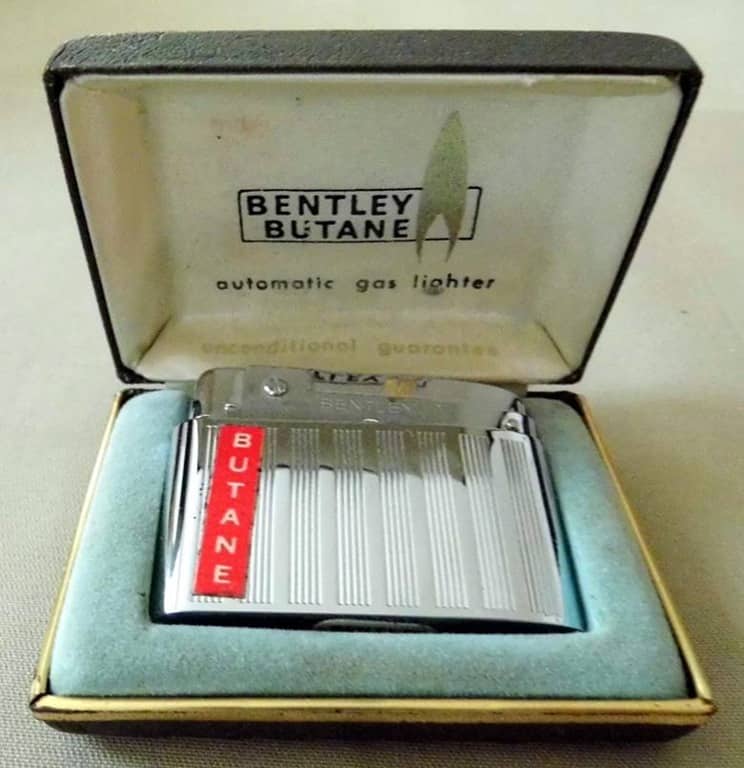The Federal Circuit has reversed a district court’s determination that the experimental-use doctrine insulated a subset of asserted patent claims from the on-sale bar.
SUNOCO PARTNERS MARKETING v. U.S. VENTURE, INC. concerns Sunoco’s patents for a “system and method for blending butane with the gasoline at a point close to the end of the distribution process…”
As the court explains,
Gasoline distribution is a multi-stage process. At a refinery, crude oil is refined into gasoline. After that, it goes through a pipeline to a storage facility called a tank farm, or terminal. There, it is dispensed from a “rack” into trucks, which deliver it to gas stations. While butane blending can be done anywhere along the line, doing it at the last possible point—the tank farm—lets producers maximize butane content based on the time of year and the gasoline’s destination. If, by contrast, producers blend “at refineries and in pipelines that serve several regions with varying [volatility] limits,” they “can add only the amount of butane permissible in the region with the strictest butane regulations.”
Sunoco sued Venture, alleging that its operation of butane-blending systems infringed claims of several Sunoco patents.
One of Venture’s defenses was based on the on-sale bar. This is the principle that “no person is entitled to patent an ‘invention’ that has been ‘on sale’ more than one year before filing a patent application.”
To succeed with this defense, Venture would have to show that before the critical date, Sunoco’s patented invention was both
- “the subject of a commercial offer for sale” and
- “ready for patenting.”
As the court noted,
A patent owner like Sunoco can negate an on-sale bar by demonstrating that the sale occurred “primarily for purposes of experimentation.” … This experimental-use doctrine draws a “distinction between inventions put to experimental use and products sold commercially,” in the interest of protecting both “the public’s right to retain knowledge already in the public domain and the inventor’s right to control whether and when he may patent his invention.” … As the Supreme Court explained long ago, inventors may delay patenting to engage in “bona fide effort[s] to bring his invention to perfection, or to ascertain whether it will answer the purpose intended.” … At the same time, “[a]ny attempt to use [the invention] for a profit[] and not by way of experiment” before the critical date will “deprive the inventor of his right to a patent.” … Otherwise, patent owners could “acquire[] an undue advantage over the public” by “preserv[ing] the[ir] monopoly . . . for a longer period than is allowed.”
In this case, as the court described,
Two days before February 9, 2000, the critical date, the inventors’ company, MCE Blending (“MCE”), offered to sell an automated butane-blending system to a company called Equilon Enterprise LLC (“Equilon”) and install it at Equilon’s terminal in Detroit…. . MCE offered this system “in consideration for” Equilon’s commitment to purchase at least 500,000 barrels of butane from MCE over roughly five years. … The district court decided that this transaction occurred primarily for experimental, rather than commercial, purposes.
The Federal Circuit disagreed, saying
Whether the Equilon transaction was for primarily experimental or commercial purposes “is a question of law to be analyzed based on the totality of the surrounding circumstances.”
The court pointed out that
The agreement begins by expressly describing the transaction as a sale, without reference to any experimental purpose. And as “consideration,” it identifies “the purchase” of butane…
The court also cited to the preamble to the Agreement, which includes the following language:
Whereas MCE has developed certain technology and Equipment for the blending of butane and similar components…
[Emphasis added by the court.]
This, said the court, made clear that the technology was already “developed” and not merely experimental.
The court pointed out that acceptance tests – which are common in supply contracts – did not make the proposed use of the patented technology “experimental.”
Just like the haiku above, we like to keep our posts short and sweet. Hopefully, you found this bite-sized information helpful. If you would like more information, please do not hesitate to contact us here.


